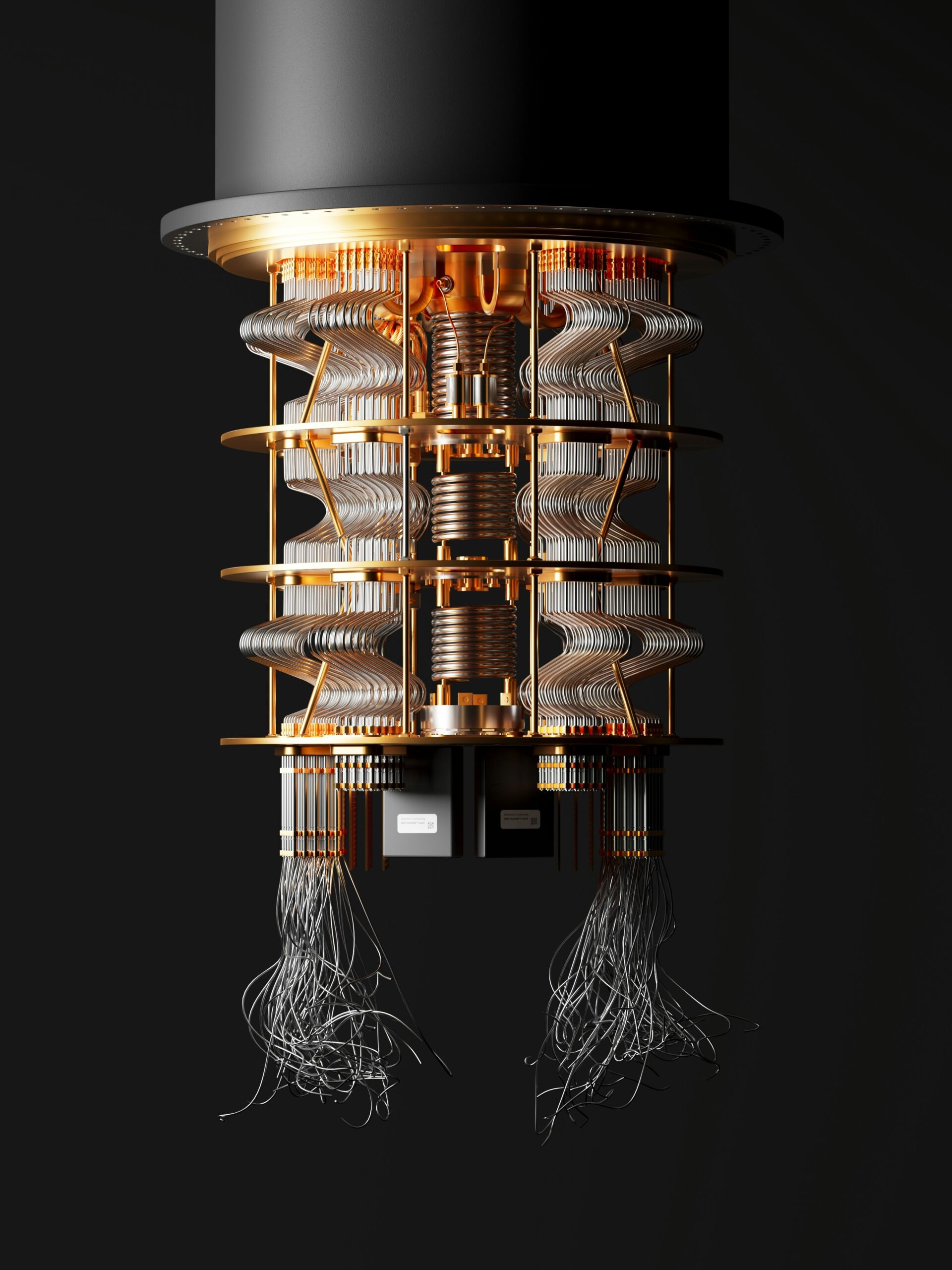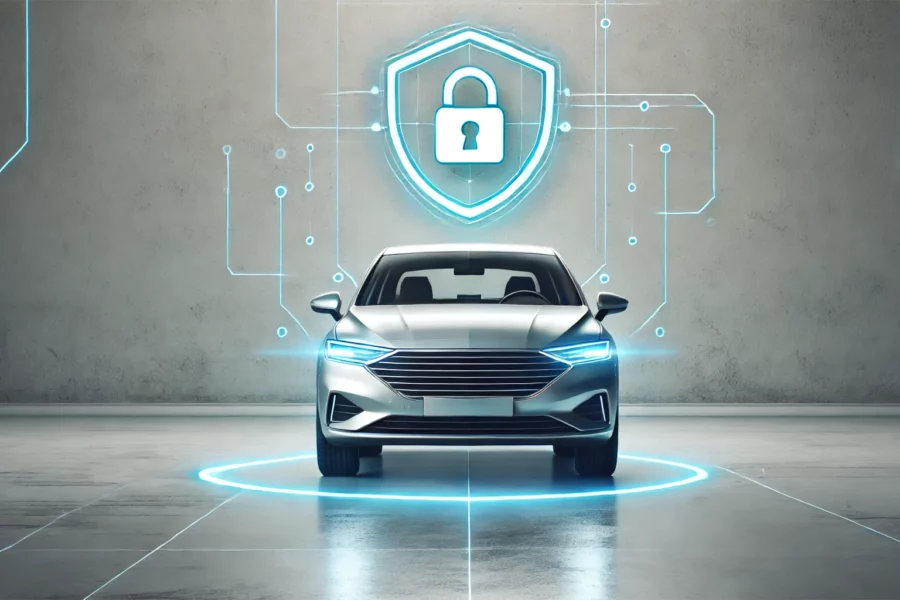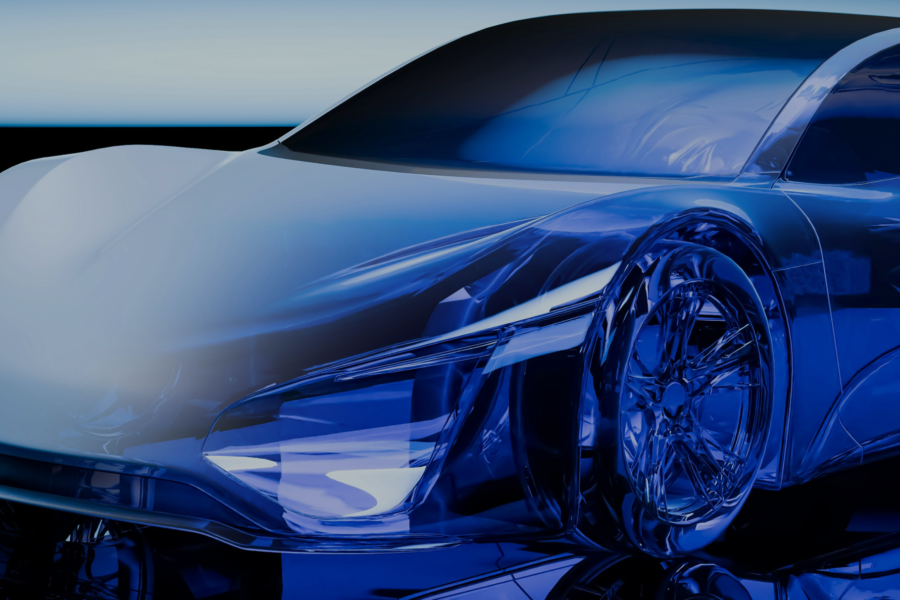Quantum-Resilient Mobility: Securing the Future of Automotive Cybersecurity
Imagine waking up to find that millions of vehicles worldwide have been remotely hijacked, keyless entry systems bypassed, and entire fleets held to ransom. This isn’t the plot of a sci-fi thriller—it’s a very real threat posed by quantum computing. The automotive industry is racing toward a future of AI-driven, connected, and autonomous vehicles, but without quantum-resistant encryption, these advancements could become a hacker’s playground. Automakers must act now to adopt post-quantum cryptography (PQC) to safeguard vehicles against future cyber threats.
Why Cryptography is Vital for Automotive Security
Vehicles today depend on encryption for critical security functions, including:
- Vehicle-to-Everything (V2X) Communication – Protecting data exchanged between vehicles, infrastructure, and pedestrians.
- Over-the-Air (OTA) Updates – Ensuring secure software updates and preventing malicious alterations.
- Keyless Entry & Immobilizers – Safeguarding vehicle access and ignition controls.
- Autonomous Vehicle Security – Protecting real-time decision-making from cyber threats.
How Quantum Computing Threatens Automotive Security
Many current encryption standards, such as RSA and ECC, depend on the difficulty of factoring large prime numbers—a task that quantum computers could solve exponentially faster than classical computers. This poses severe risks, including:
- Remote Hijacking – Cybercriminals could exploit quantum attacks to gain unauthorized access to vehicle systems.
- Compromised Software Updates – Malicious actors might inject harmful code into vehicles, leading to widespread malfunctions.
- Keyless Entry Vulnerabilities – Quantum brute-force attacks could render modern keyless systems ineffective, increasing car theft.
- Data Harvesting – Hackers could intercept encrypted automotive data, decrypting it later when quantum computers advance.
Real-World Automotive Cybersecurity Incidents
The industry has already witnessed alarming cybersecurity threats:
- In 2015, security researchers remotely hacked a Jeep Cherokee, demonstrating vulnerabilities in its connected systems.
- In 2022, Tesla vehicles were found to have flaws in their keyless entry systems, allowing hackers to clone digital keys.
- In 2024, fleet-wide ransomware attacks targeted ride-sharing services, locking out drivers and demanding payment.
With quantum computing on the horizon, these threats could escalate, compromising entire vehicle fleets and infrastructure networks.
Challenges of Implementing Quantum Cryptography in Vehicles
While quantum cryptography, such as Quantum Key Distribution (QKD), offers enhanced security, widespread adoption faces hurdles:
- High Costs – Retrofitting existing vehicles and developing quantum-resistant hardware requires significant investment.
- Latency Issues – Quantum cryptographic processes may introduce delays in real-time vehicle applications, such as emergency braking.
- Compatibility Concerns – Legacy automotive systems may not support new encryption protocols, creating security gaps.
How Automakers Can Prepare for Quantum-Resilient Security
To mitigate risks, the automotive industry must act now by:
- Adopting Post-Quantum Cryptography (PQC) – Transitioning to quantum-resistant algorithms such as lattice-based cryptography.
- Implementing Hybrid Encryption Models – Combining classical and quantum-safe encryption for a seamless transition.
- Investing in Secure Key Management – Utilizing hardware security modules (HSMs) and quantum-safe key exchanges.
- Collaborating on Industry Standards – Automakers, cybersecurity experts, and governments must establish quantum-safe protocols.
- Future-Proofing Software – Designing vehicles with upgradeable security to adapt to evolving threats.
Driving Cybersecurity Forward: Preparing for the Quantum Shift
Quantum computing presents both an opportunity and a challenge for the automotive industry. While its full potential is yet to be realized, its threat to encryption is imminent. Automakers must proactively transition to post-quantum cryptography, strengthen cybersecurity frameworks, and future-proof vehicles against quantum-powered cyber threats.
If you are interested in making a move in the Cybersecurity space or are looking for an expert to join your team, then reach out to Jimi Wild at jimi@akkar.com




